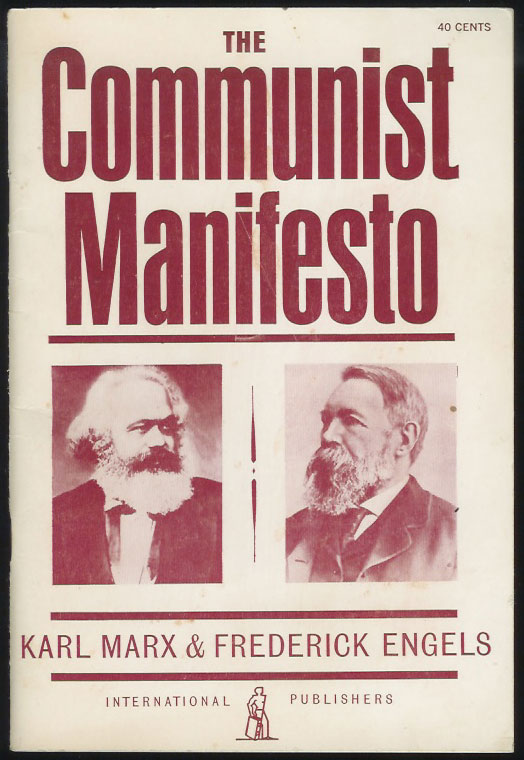Marxist theory
Hats and men: Marx's faulty symmetry

John Bellamy Foster answers five questions about Marxism and ecology

Revolutionary theory and popularization

By Doug Greene
Marxism, art and utopia: Critical theory and political aesthetics

Presentation by Michael A.
Georgi Plekhanov and the roots of Soviet philosophy

What is socialism for the twenty-first century?

Walter Benjamin, Louis-Auguste Blanqui and the apocalypse

“Dialectical materialism,” ideology and revisionism

September 9, 2016
Georgi Plekhanov: Tragedy of a forerunner


